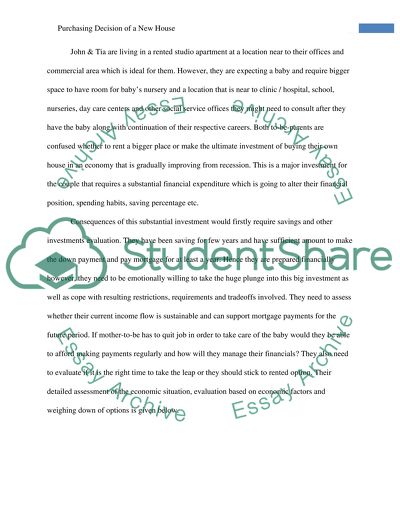Cite this document
(Economic Strength in a New House Purchase Decision Research Paper, n.d.)
Economic Strength in a New House Purchase Decision Research Paper. Retrieved from https://studentshare.org/macro-microeconomics/1430242-a-new-house-decision
Economic Strength in a New House Purchase Decision Research Paper. Retrieved from https://studentshare.org/macro-microeconomics/1430242-a-new-house-decision
(Economic Strength in a New House Purchase Decision Research Paper)
Economic Strength in a New House Purchase Decision Research Paper. https://studentshare.org/macro-microeconomics/1430242-a-new-house-decision.
Economic Strength in a New House Purchase Decision Research Paper. https://studentshare.org/macro-microeconomics/1430242-a-new-house-decision.
“Economic Strength in a New House Purchase Decision Research Paper”, n.d. https://studentshare.org/macro-microeconomics/1430242-a-new-house-decision.


